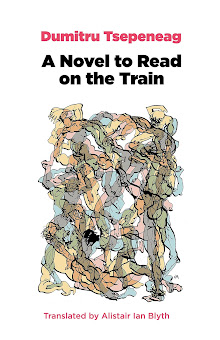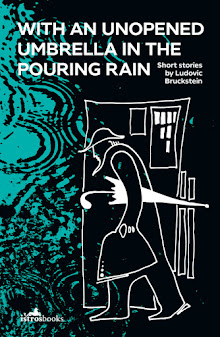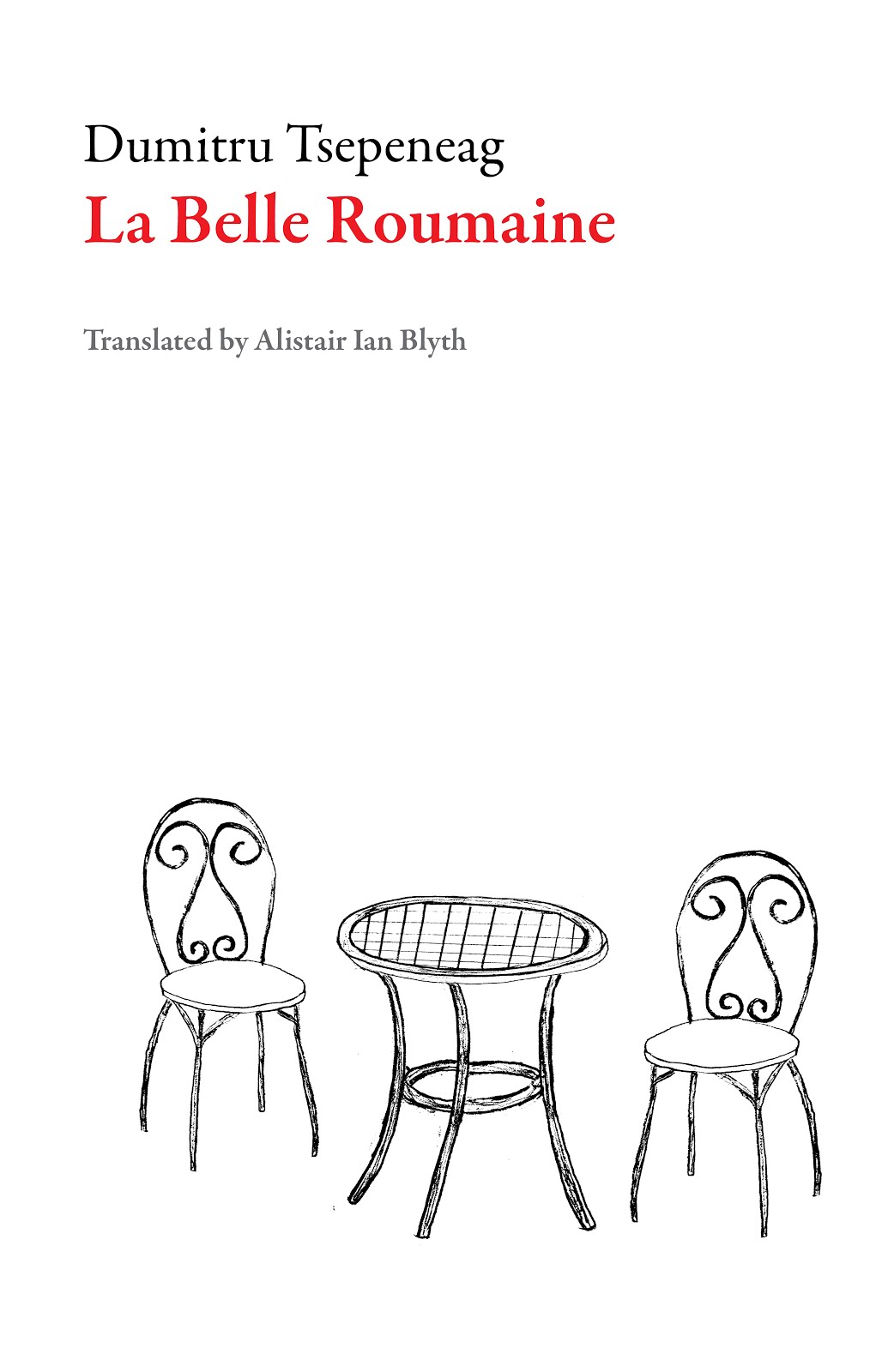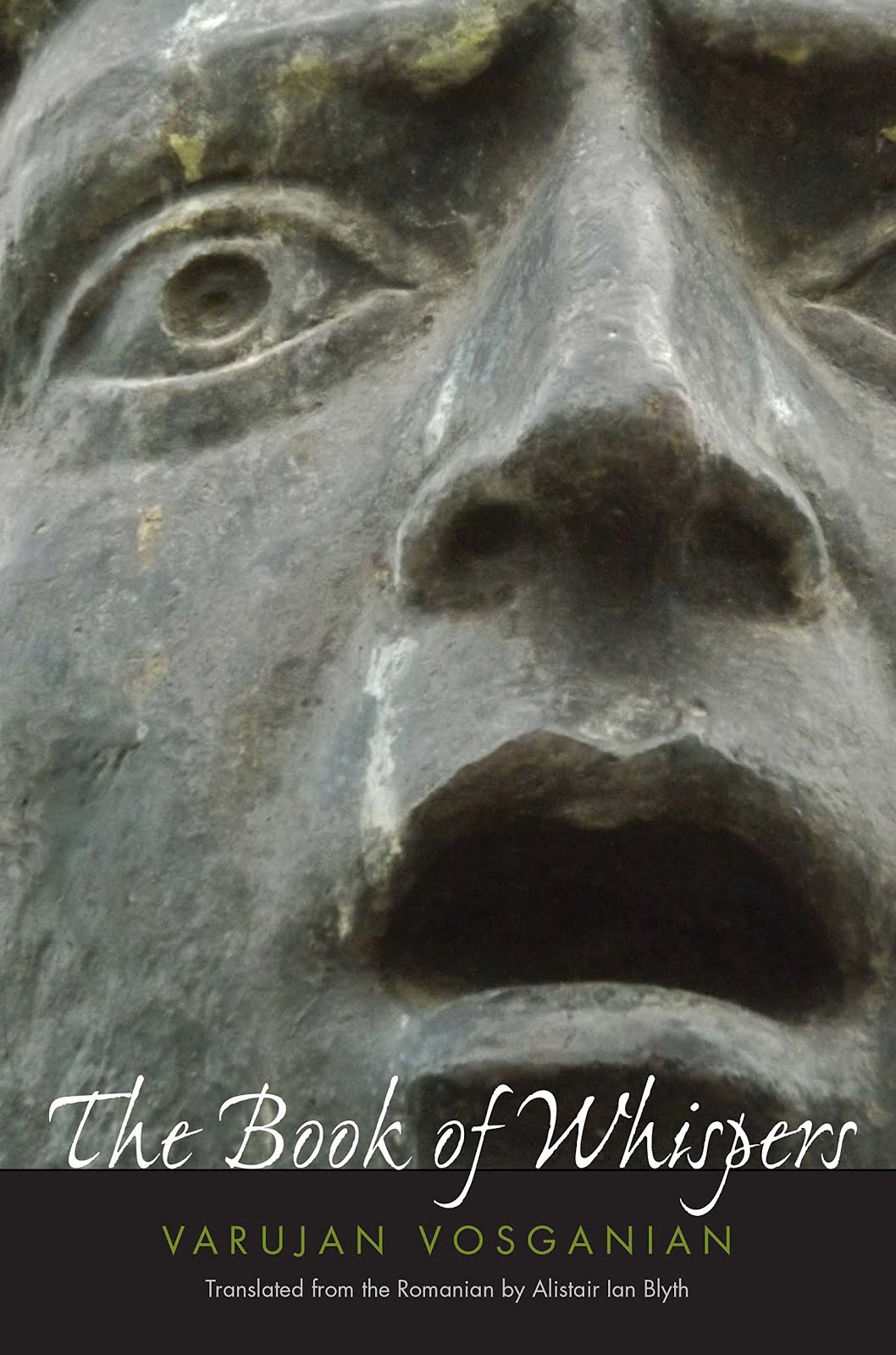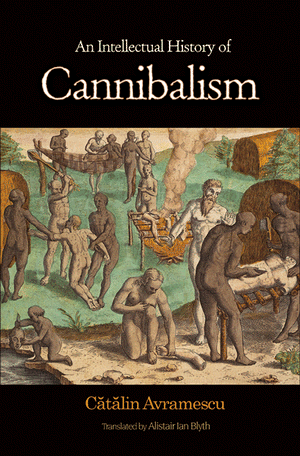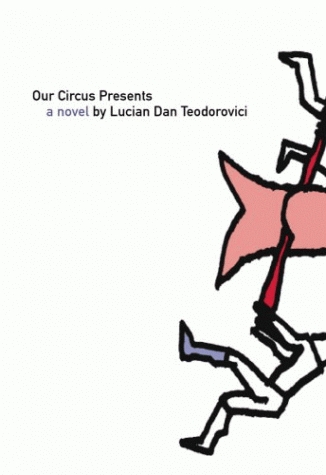[P]seudologia phantastica [is]
that form of hysteria which is characterized by a peculiar talent for
believing one's own lies. For a short spell, such people usually meet
with astounding success, and for that reason are socially dangerous.
Nothing has such a convincing effect as a lie one invents and believes
oneself, or an evil deed or intention whose righteousness one regards as
self-evident. At any rate they carry far more conviction than the good
man and the good deed, or even the wicked man and his purely wicked
deed. Hitler's theatrical, obviously hysterical gestures struck all
foreigners (with a few amazing exceptions) as purely ridiculous. [...] It is
also difficult to understand how his ranting speeches, delivered in
shrill, grating, womanish tones, could have made such an impression. But
the German people would never have been taken in and carried away so
completely if this figure had not been a reflected image of the
collective German hysteria. It is not without serious misgivings that
one ventures to pin the label of "psychopathic inferiority" on to a
whole nation, and yet, heaven knows, it is the only explanation which
could in any way account for the effect this scarecrow had on the
masses. A sorry lack of education, conceit that bordered on madness, a
very mediocre intelligence, combined with the hysteric's cunning and the
power fantasies of an adolescent, were written all over this
demagogue's face.
Carl Gustav Jung, "After the Catastrophe",
Essays on Contemporary Events, 1936-1946,
translated by R. F. C. Hull,
Routledge, London, 2002, pp. 70-71



